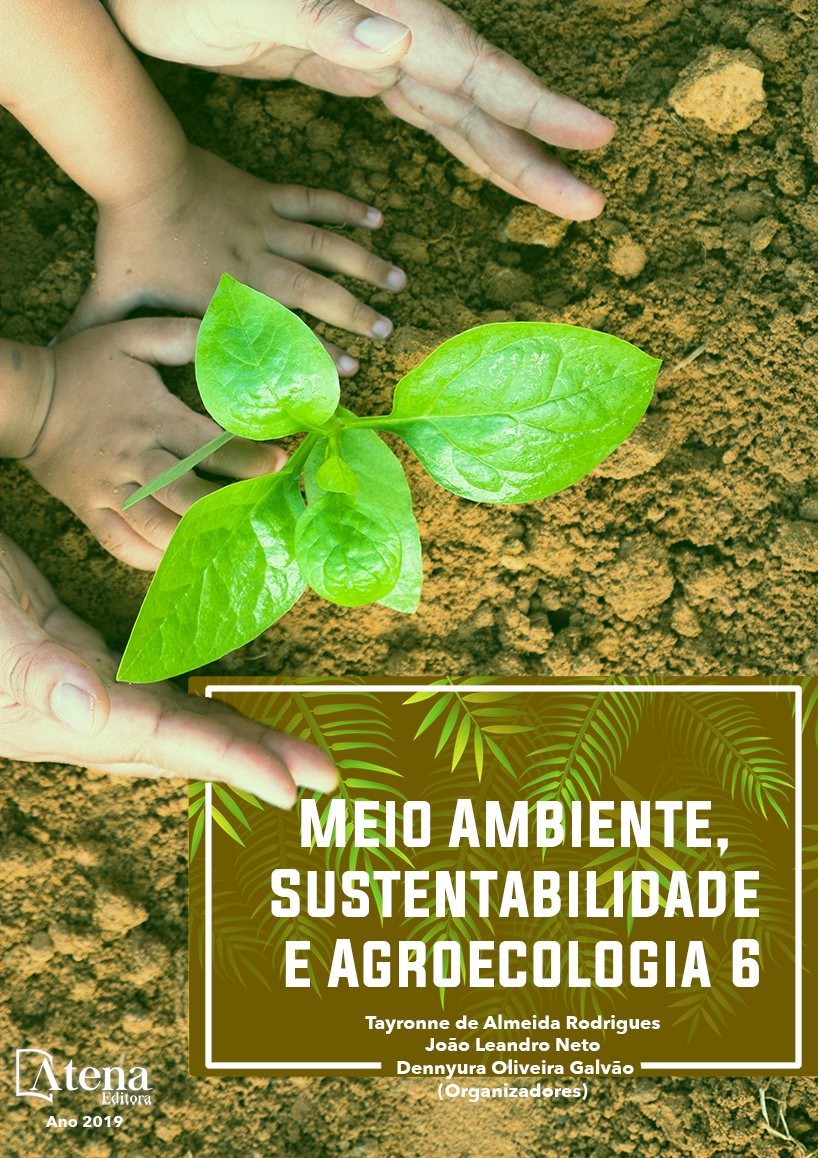
Estudo de caso da logística reversa no município de Quinze de Novembro/ RS
A ausência de gestão de resíduos
sólidos pode causar impactos ambientais e
sociais. Diante disso este estudo teve como
objetivo avaliar o instrumento de logística
reversa no município de Quinze de Novembro/
RS. Aplicaram-se dois questionários para
avaliação. Um para os comércios que realizavam
a venda dos produtos obrigatórios constados na
Política Nacional de Resíduos Sólidos (PNRS)
com perguntas sobre o recolhimento destes
produtos e o tipo de dificuldade enfrentada e o
segundo para os consumidores com questões
para avaliar o conhecimento sobre a logística
reversa, sua importância, e sobre as formas
de destino de embalagens de agrotóxicos,
pneus, lâmpadas fluorescentes, pilhas, baterias
e equipamentos eletroeletrônicos. A partir
dos questionários constatou-se que 67% dos
estabelecimentos comerciais realizam algum
tipo de programa de recolhimento dos produtos
constados na PNRS. Entretanto, os resultados
demonstraram que os setores de defensivos
agrícolas, pneus, eletroeletrônicos e óleo
lubrificante possuem um sistema eficiente de
logística reversa. Os setores de pilhas e baterias
e lâmpadas fluorescentes não possuem um
gerenciamento adequado, logo se prescreveu
que se firmasse termos de compromisso para
implantar sistemas de logística reversa. Por fim,
procurou sensibilizar as crianças do município
por meio de palestras com foco na logística
reversa e na separação dos resíduos sólidos.
Estudo de caso da logística reversa no município de Quinze de Novembro/ RS
-
DOI: 10.22533/at.ed.34719160413
-
Palavras-chave: Gestão Ambiental. Resíduo Sólido. Termo de Compromisso.
-
Keywords: Environmental Management. Solid Waste. Commitment Term.
-
Abstract:
The absence of solid waste
management can cause environmental and
Meio Ambiente, Sustentabilidade e Agroecologia 6 Capítulo 13 133
social impacts. The objective of this study was to evaluate the reverse logistics
instrument in the city of Quinze de Novembro / RS. Two questionnaires were applied
for evaluation. One for the trades that made the sale of the mandatory products
included in the National Solid Waste Policy (PNRS) with questions about the collection
of these products and the type of difficulty faced and the second for consumers with
questions to evaluate the knowledge about reverse logistics, its importance, and on the
destination forms of pesticide containers, tires, fluorescent lamps, batteries, batteries
and electrical and electronic equipment. From the questionnaires it was found that 67%
of the commercial establishments realize some type of program of collection of the
products included in the PNRS. However, the results showed that the agrochemicals,
tires, electronics and lubricating oils have an efficient reverse logistics system. The
battery and battery sectors and fluorescent lamps do not have adequate management,
so it has been prescribed that commitment terms be established to implement reverse
logistics systems. Finally, it sought to sensitize the children of the municipality through
lectures focusing on reverse logistics and solid waste separation
-
Número de páginas: 15
- Alexandre Couto Rodrigues
- Rodrigo Ferreira da Silva
- Clovis Orlando DA Ros
- Caroline Trombetta


